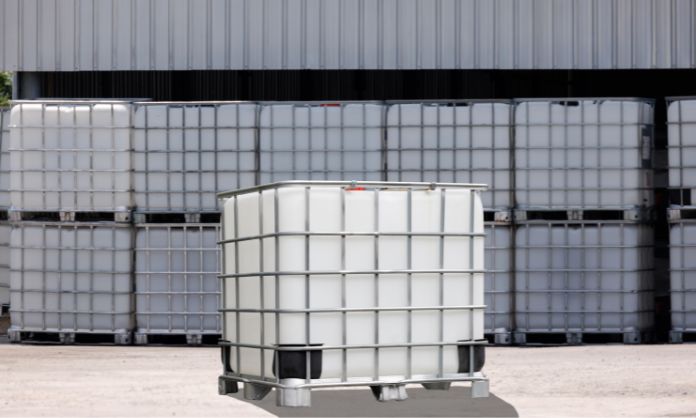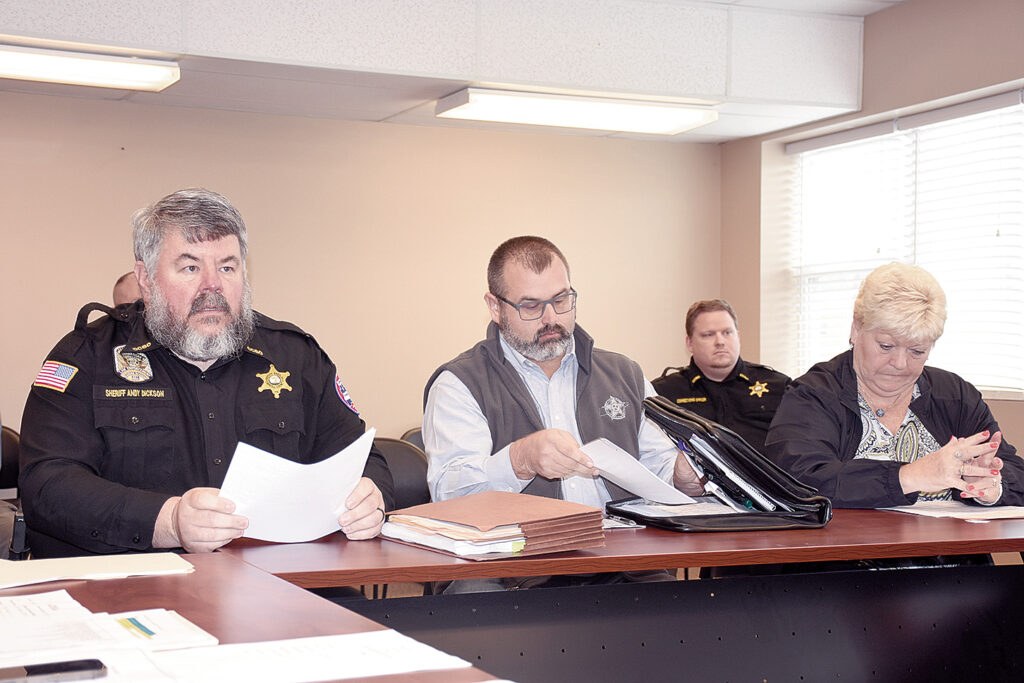Over time, insulation can deteriorate and become less effective at blocking the flow of heat into and out of your home. Unfortunately, this decline in effectiveness can cost you a substantial amount of money on your monthly energy bill. Plus, inadequate insulation can result in uncomfortable and drafty living conditions. As such, it’s important to recognize when your home’s insulation is due for an upgrade. For help determining when to update your home’s insulation, consult this guide.
The Insulation Has Become Damaged or Infested
A clear sign that you should update your home’s insulation is if it has become damaged or infested. For example, if your home experienced a leak or flooding, your insulation may have become waterlogged. Unless you installed waterproof insulation, such as closed-cell spray foam insulation, your insulation material will likely be rendered ineffective or could develop mold. As such, it is in your best interest to remove the insulation and replace it with new material.
In addition to water damage, pest infestations are another instance in which your insulation should be completely removed and replaced. If the infestation occurred in an area where the insulation was installed, eggs, droppings, dander, and other items may remain in the insulation. To preserve the air quality in your home and prevent another infestation, it’s important to remove the insulation completely.
You Notice Drafts Around Your Home
Another tip on how to determine when to update your home’s insulation is to pay attention to any temperature fluctuations throughout your home. If you notice that some rooms are noticeably warmer or colder than others, your insulation may not be effective. To keep your home at a more consistent and comfortable temperature, consider upgrading your home’s insulation to block the flow of heat into and out of your home.
Your Monthly Energy Bill Is Through the Roof
High energy bills are a tell-tale sign that your insulation may be due for an upgrade. Heating and cooling systems are two of the largest consumers of energy in most homes. When your insulation isn’t doing its job of preventing the transfer of heat, temperature-controlled air will simply slip right out of your house. As a result, your heating and cooling system will have to work harder and consume more energy to keep your home at a comfortable temperature. Because temperature control systems are already one of the largest consumers of energy in a home, requiring them to use even more power can have a large impact on your energy bill.







